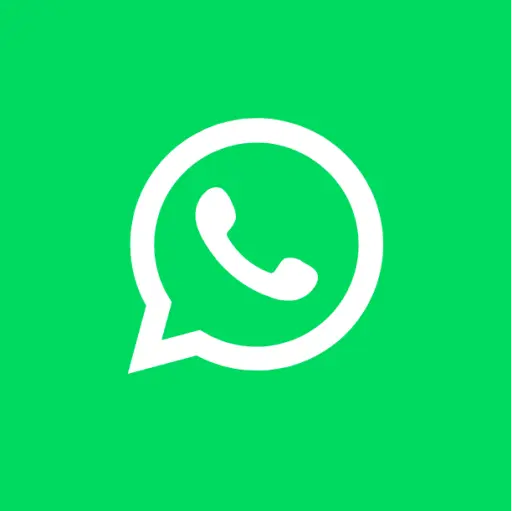From my own experience as someone living in the UK, probably two reasons, for those countries at least.
- Early adoption of the iPhone in the US vs UK
- Different price structures between US and UK
In the 2000s, most people who liked to message a lot in the UK (generally young people and teens) were on pay-as-you-go 'top up' plans where each individual message had a cost. SMS messages cost anything from 1 pence to 5 pence, and I remember on my plan, MMS (picture messages) cost a ridiculous 12 pence each! It was expensive. Most people (and especially younger people) had Android phones, and so as soon as a credible Internet-based messenger became popular, people flocked in droves to jump to it. It was WhatsApp in the UK which won that race, and it remains the de-facto messenger to this day.
Things were different in the US. The iPhone got a huge early foothold in sales, and iMessage became dominant simply by being first to market and gaining critical mass. It was also more common (versus the UK) for people to be on contract plans that had SMS and MMS included as part of the plan cost, so even for people who didn't have iPhones there was less financial incentive to dump those technologies, and SMS remained prevalent.

